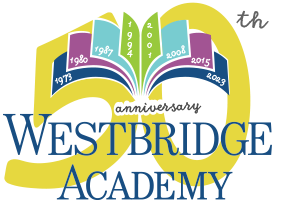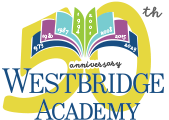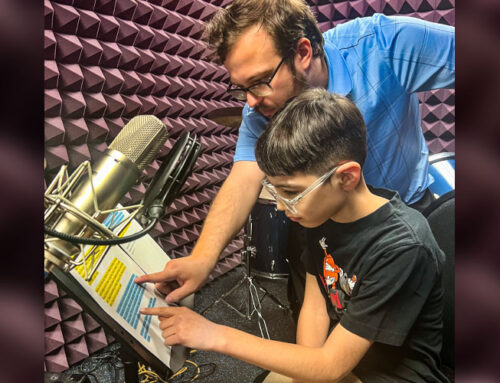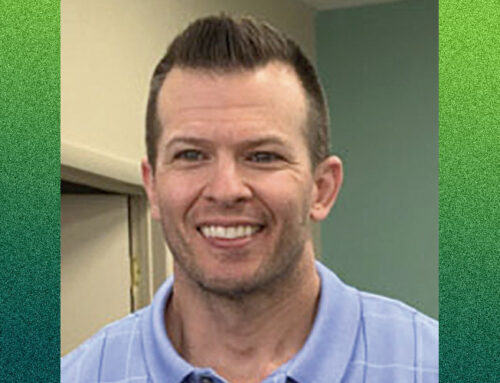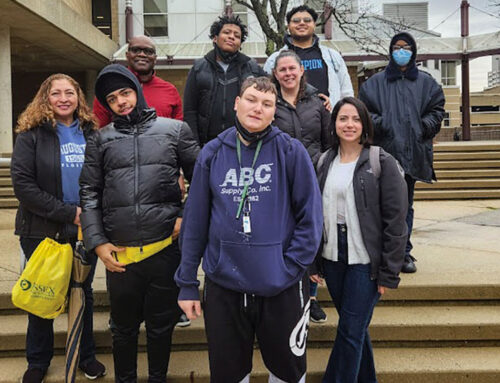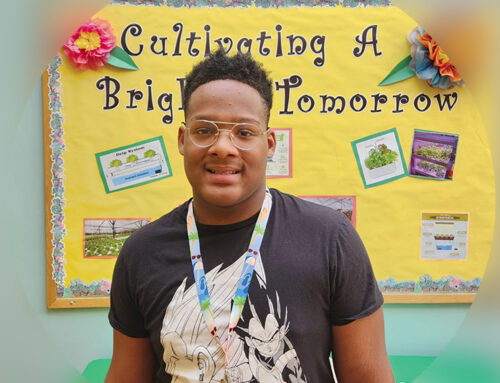Engaging Students in Ways That Matter
What we teach and how we teach it has been at the heart of Westbridge’s success over the past 50 years. Understanding how to engage and reach students, while supporting them therapeutically, enables the learning and personal growth they need to become responsible for their own progress and achievements.
This year we are further developing our curriculum to include an enhanced selection of electives designed to engage students in activities they find personally interesting and rewarding. Some, like Home Economics, Culinary Arts, and Computer Tech, are familiar. Others, like Music Production, Social Media, Event Planning, Entrepreneurship and Hydroponics, and REACH Transition relate to more contemporary vocations available to students today. All purposefully teach specific skills students can apply in their lives and work.
Each elective subject area employs three problem-based learning units. For example, the Entrepreneurship elective poses the following challenges:
- “Ready for This?” — Students will embark on a journey to explore the essential qualities, values, and elements that contribute to entrepreneurial success. They will explore and examine diverse entrepreneurs to develop a “Profile of an Entrepreneur” that can be used to guide them in their future endeavors. (5 weeks)
- “Let’s Go to Market” — Students will learn about financing options, market analysis, and marketing strategies to develop their own unique business plan. (5 weeks)
- “Time for Takeoff” — Students will continue to develop their entrepreneurial skills by pitching their business plan, complete with a compelling mission statement and a captivating logo. (5 weeks)
By their nature, each of the units require a cross-curricular approach to complete. Students will be using research, reading and literacy, math and computing, public speaking, creativity, and other skills to reach their objectives.
The curriculum’s Music Production elective, leverages Westbridge Academy’s newly refitted Music Production Studio. From our very first curriculum developed 50 years by founder Clara Litovsky, the arts have been central to helping students find and develop their creative voice. Comprised of units on songwriting, digital sound creation, audio mixing and editing, and video production, this curriculum area continues that legacy of learning and growth through personal expression.
Used in select classrooms already, we expect the new curriculum should be available school wide this coming Fall. Combined with our historical commitment to supporting our students therapeutically, we’re excited about the potential for these new elective opportunities to engage and challenge our students.
